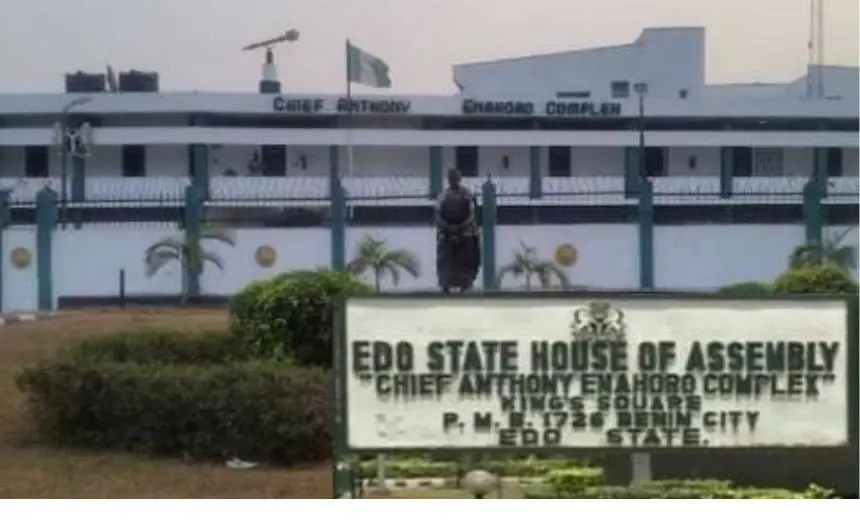The year 1963 will always be an important reference in the political evolution of the Mid-West people of Nigeria and particularly the people of Edo State. With a cocktail of elected and appointed governments through these years, Edo State people will be adding to this mix another democratic governor in the days ahead.
Since the late 1940’s, the Mid-Westerners (a people of two provinces Benin; Benin, Akoko-Edo, Afemai, Ishan divisions, and Delta) were part of a spurious assemblage centred by a Western regional government just until they escaped. As reported by the Willink Commission of Inquiry, the reason for the callout is a sandwich of political interest and ethnic suppression with the taste of failure by the then Western region government to democratize development. A constipated 89.7% of the eligible 654,130 voters eased themselves by a referendum on the 13th day of July 1963. A sub-nation it became with a people and geography fortunate with a high prospect for rapid development.
Very recently, many years after the referendum, people have argued that lodging enormous power with the centre has now become the bane to hasten the desired growth of a place like Edo State. However, it would be fair to juxtapose such reasoning with the fact that the substantial fiscal responsibility of the centre to the sub-nationals always outpaced the marked development in these regions with a few exceptions. Even more is the case of interference or state capture of federal institutions which we have seen to be expressed through skewed government decisions, shadow puppetry in law enforcing and patronage appointment over competence and merit. A number of persons will ask if all these strange phenomena should be enough to excuse the poor outing of the sub-nationals when their development is put up against the federal subventions and allocations received till date, an unfortunate balance indeed.
Now, it has become an imperious demand for subnationals to present competent representatives, amid the global economic crisis and consequential exposure of previously failed federal government policies. These roles have become very delicate as they should have always been, to work in consortium to develop an economy that can subsist in any trying time.
Fairly, like few thriving states, Edo State through recent government succession has experienced progress towards economic expansion, a framework for subsistence. The biggest threat to this trend will be a confident and ignorant aspirant desiring to take chief executive position by fraud.
In the year 2012, 2016 and 2020, 75.78, 52.09 and 57.3 percent of the eligible Edo State voters made a choice for a new governor for those times, respectively. Now we look forward to having more than 85.57 percent of the 2,629,025 registered voters make the same choice in the September 21st gubernatorial election. The politicians as an accessory to presenting the candidates have done their best by picking their candidates, and the public is best at picking the best for all and there should be no interloper.
The rest of the nation awaits the Edo State people to once again prove that power truly belongs to the people just like the referendum 61 years ago. The convention to choose the most competent leader that can consolidate on the progress of the past administration and advance the state further into the reality of a robust social economic and cultural prowess is on the screen across the world.
The political party at the centre is encouraged to know that there would be no need to rely on the arm of its party or any party at the state level to win general elections in the state but to rely solely on the people’s perception of their government performance.
Edo State people are proud with sound minds, non-partisan and united in pursuing the interest of realizing a master-planned development.
*Osarobo-Aigbogun is an indigene of Edo State.


